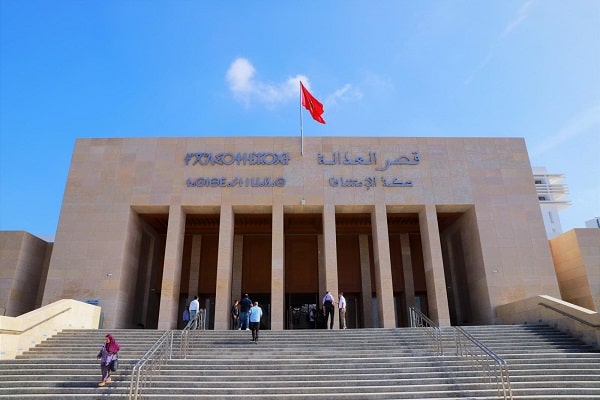Country: Morocco
-

Agricultural and agri-food companies in Morocco: A continuum of human rights violations and disrespect
Avocats Sans Frontières (ASF) presents an in-depth study on corporate responsibility with regard to human rights (CRHR) in Morocco, with a focus on the practices of small and medium-sized enterprises (SMEs) in the agricultural and agri-food sectors. This analysis reveals the complex dynamics of power and responsibility that influence the protection of human rights in…
-
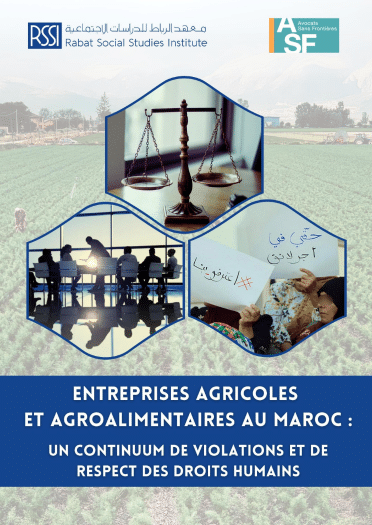
-
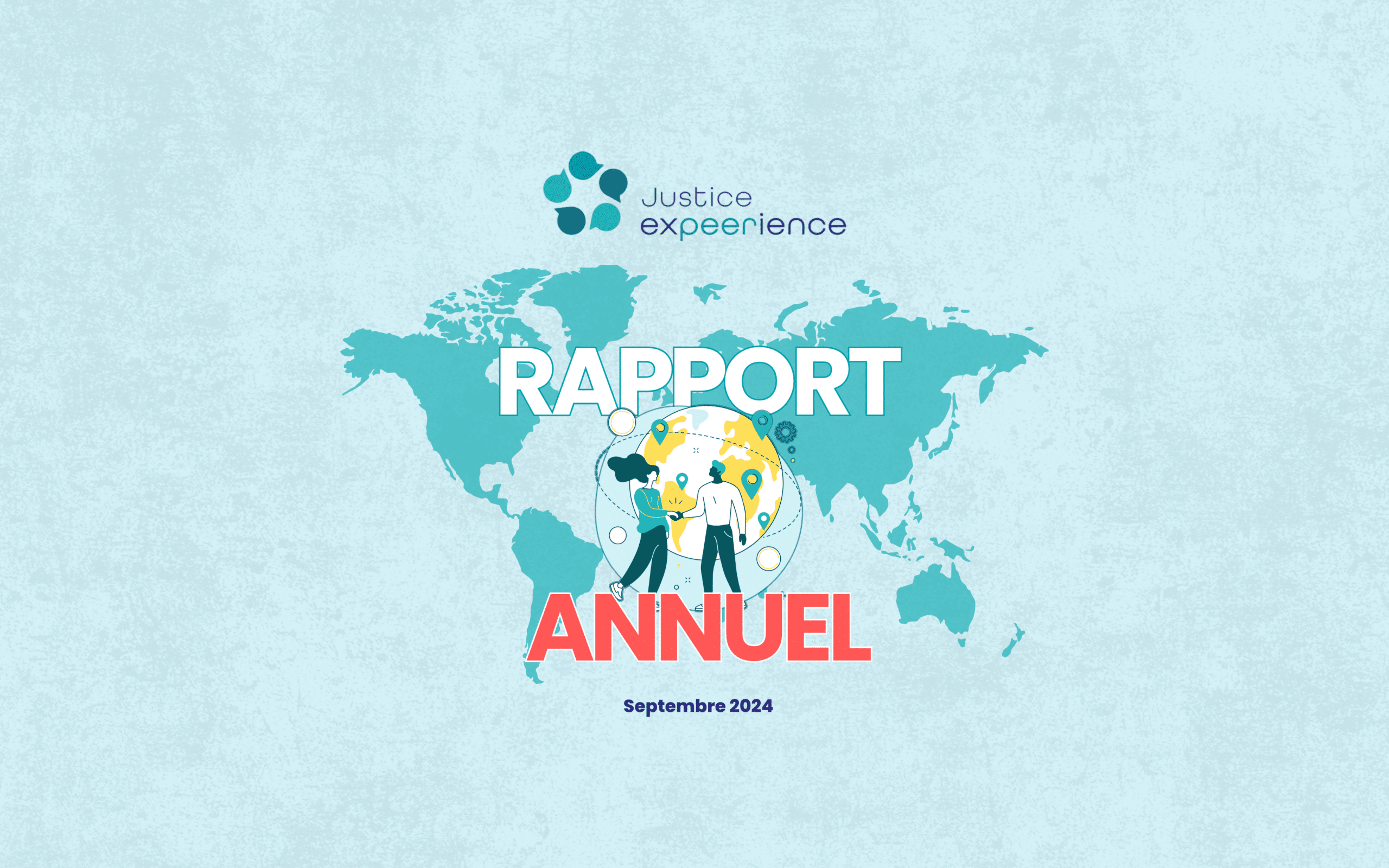
The Justice ExPEERience network keeps growing: evolution and new features
Justice ExPEERience celebrated its 3rd anniversary this summer! To mark the occasion, the network’s coordination team is proud to present the Justice ExPEERience annual report.
-
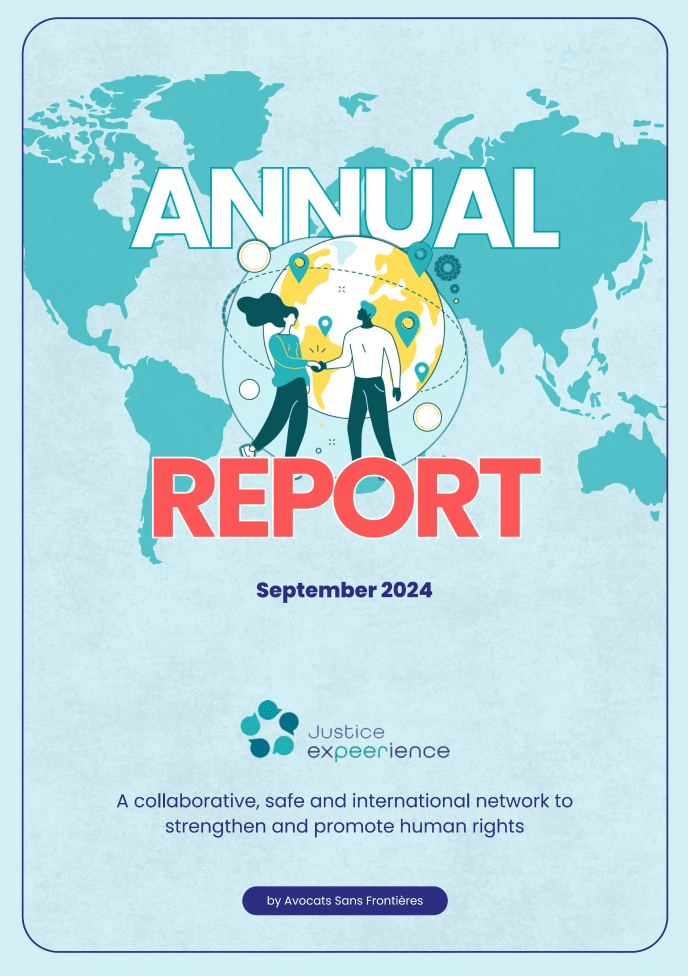
-
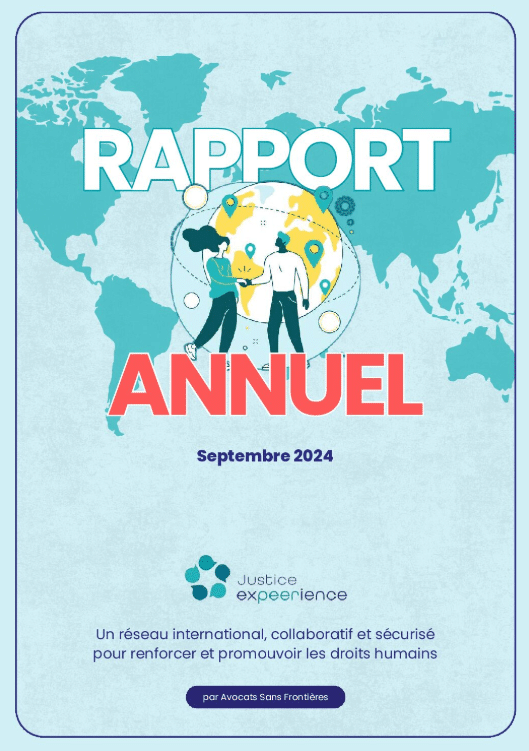
-

Morocco – Decriminalising drug use to relieve prison overcrowding and provide better support for users
In Morocco, drug use is still governed by a law dating back to 1974: Dahir No. 1-73-282. Article 8 punishes the use of any substance or plant classified as a narcotic. It provides for a sentence of 2 months’ to one year’s imprisonment and a fine of 500 to 5,000 dirhams (around USD 50 to…
-
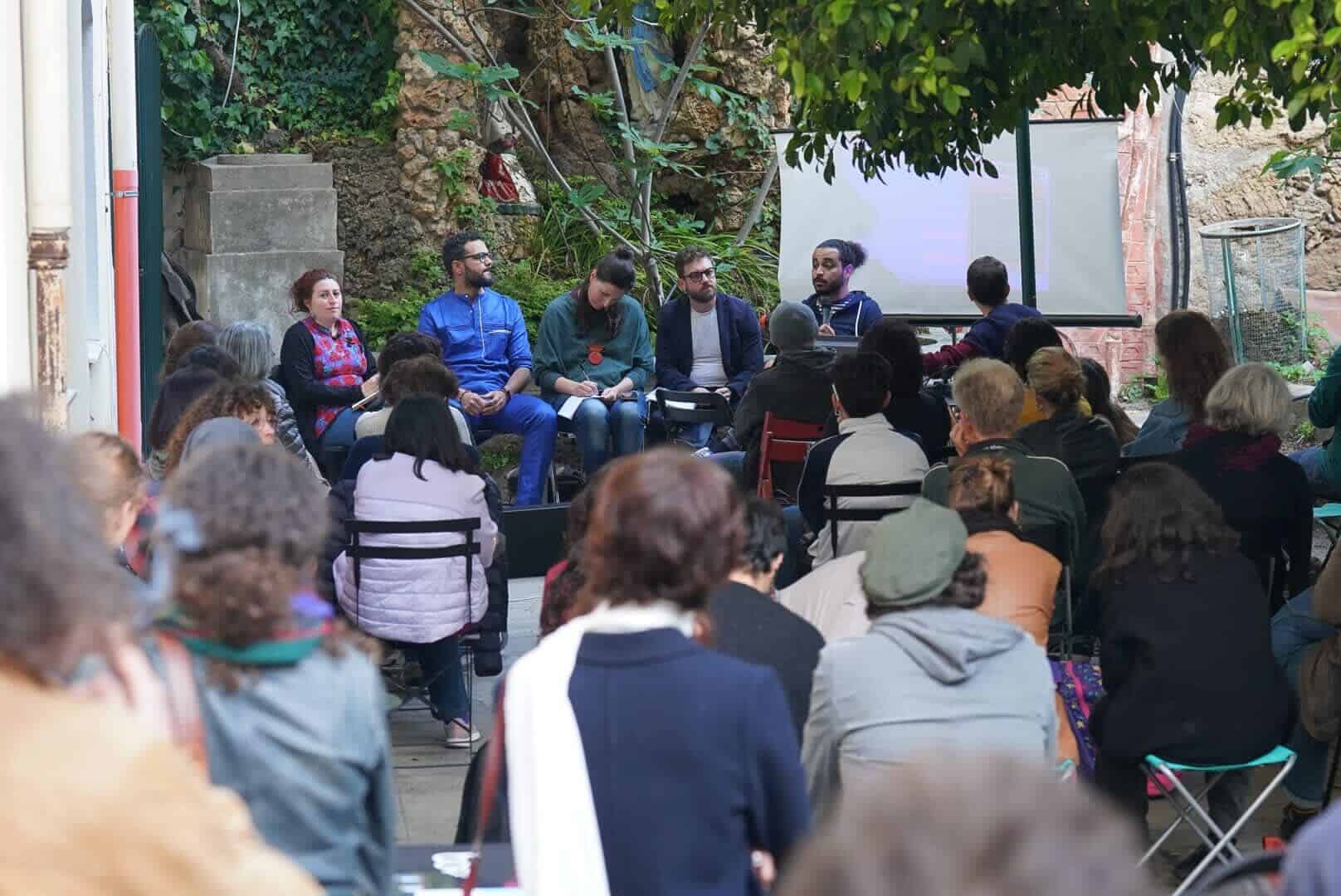
The Euro-Mediterranean region: an area of interdependence and shared struggles for human rights and the rule of law
En 2018, ASF a pris la décision de créer un hub régional dans la région Euro-Méditerranée, basé à Tunis, dans le but de mutualiser les moyens et de renforcer et harmoniser son action dans la région. L’aspect novateur du bureau régional est d’assumer pleinement les liens historiques, économiques, politiques et culturels qui existent entre les…
-

What’s new with Justice ExPEERience?
Justice ExPEERience was launched in 2021 by Avocats Sans Frontières. Today, the network brings together over 800 members working in the fields of human rights defense, access to justice and the fight for social justice in some 50 countries.
-
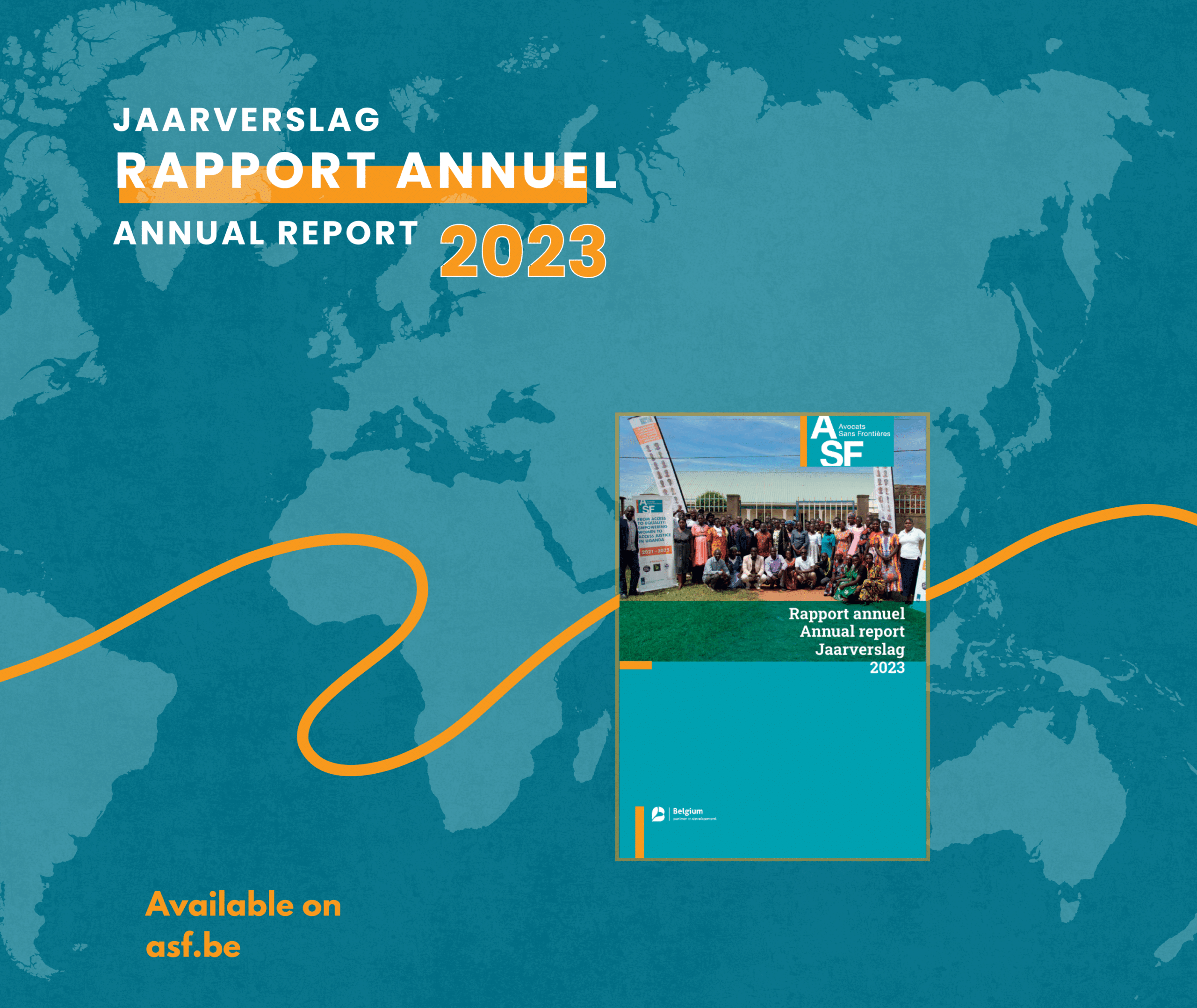
ASF’s annual report is available!
ASF has just published its 2023 annual report. In it, the organisation discusses the many challenges it faces at a time when authoritarianism is on the rise and the principles of human rights and the rule of law are being attacked throughout the world. In the face of these challenges, ASF is adapting and adapting…

